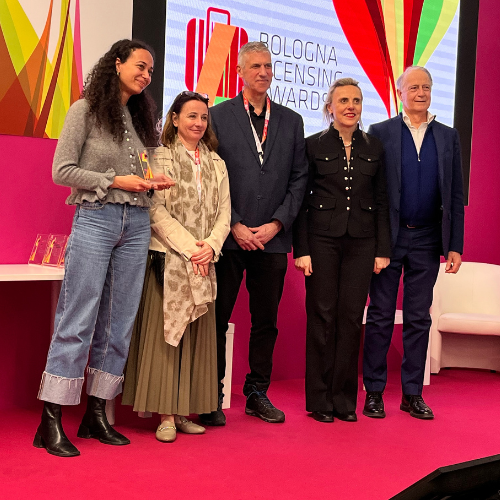Jessica Palalagi, head of resource management at M&S, talks delegates through the retailer’s ongoing sustainability journey.
Jessica Palalagi, head of resource management at Marks & Spencer, gave delegates present on day two of the Sustainability in Licensing Conference (November 25) an insight into how the retailer has tweaked its Plan A sustainability goals, aligning it with its changing overall business strategy.
The original Plan A was set out in 2007, Jessica explained, with ‘five years, five commitments, 100 things to change’.
By 2008, 17 of the Plan A commitments set out had been achieved, rising to 39 by 2009. In 2010, Plan A was extended to 180 commitments and 62 were achieved, and in 2011, 95 of the Plan A commitments had been achieved.
With the lessons learnt – including, “first and foremost” said Jessica, accountability and having true ownership over the commitments, embedding Plan A into the business – 2017 saw the unveiling of Plan A 2025, ten years on from the original launch.
Plan A 2025 consists of three pillars, explained Jessica – nourishing our wellbeing, “our goal is to help 10 million people live happier, healthier lives”; transforming lives and communities; and caring for the planet we all share, “our goal is to become a zero waste business”.
“Plan A is not a bolt on; it’s an intrinsic way of how we operate,” commented Jessica. “This year has seen something of a ‘reboot’ for Plan A, aligning it with a new business strategy; like most businesses, there’s been somewhat of a reset.
“It’s an evolving framework – about people (everyone can belong, and get on), product (we source with care and nothing we make will go to waste) and planet (our actions today, protect the planet for tomorrow). These are also aligned to the SDGs (Sustainable Development Goals, which is really important.”
Jessica explained that there is a need to regularly review the initiative and respond in a relevant way, bringing together elements where people are impacted socially and how M&S can build a framework for this.
There are also four key elements that will impact how M&S does business going forward, Jessica concluded: climate urgency, charity (which speaks to local engagement), circular economy and ‘clicks, not bricks’, working out how to use space better and get the right offering around the online piece.
Want to read more news like this? Simply sign up to our daily digest by clicking here. You can also follow @LicensingSource on Twitter and @licensing_source on Instagram.

































